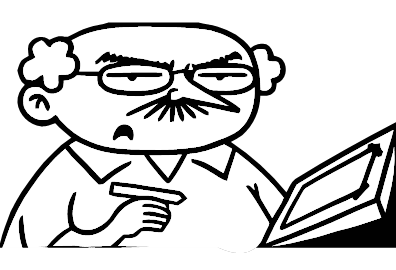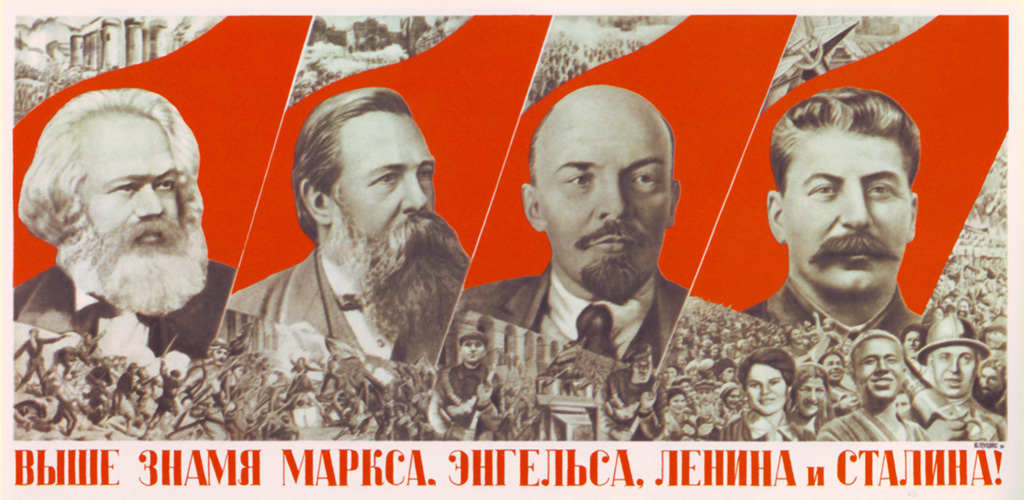Its communists with some revisionist linings and stances, so this one actually needs the big guns to be pulled out for it.
On October 27th 1956, Peter Fryer, a member of the Communist Party of Great Britain, and correspondent for its paper the Weekly Worker, arrived in Hungary. This was four days into an uprising of workers calling for worker controlled socialism. Factories had been taken over nationally by workers councils, in a demonstration of workers self-organisation that was unprecedented at the time, and the first strike on its scale in an Eastern-bloc country. On the 4th of November, Russian T54 tanks rolled into Budapest to suppress the uprising. Street fighting continued until the 10th November, although the workers councils held out for two months.
Fryer returned to the UK horrified by the Soviet repression he had seen, but his attempt to write about it for the Daily Worker was suppressed - the editors were sticking to the official USSR line that the entire uprising was a fascist counter-revolutionary plot and refused to publish anything contradicting that narrative. When Fryer wrote up his experiences anyway, he was expelled from the CPGB. Hungary 1956 split Communist parties across the world; many who had supported the USSR up until this point became disillusioned and split or left individually, while those who stayed loyal to the USSR earned the epithet ‘tankies’.
Someone once did a writeup on here about this saying it was a fascist counter-revolution
Are we so sure it was really a Socialist uprising, given they were supported by the American reactionary media and government? I’m suspicious of any group the USA calls “Freedom Fighters.”

After 1956, the USSR was to invade Czechoslovakia in 1968, then Afghanistan in 1979.
Lol, Afghanistan. Look into operation cyclone.

Good post
Honestly how is it so hard to realize it was a fascist revolution, its very easy once you engage with the primary sources
I think people get tangled up by two primary factors here:
-
They correctly identify that the origins of the uprising were heterogeneous and they don’t consider the way that the movement was co-opted by fascists and reactionaries because, essentially, they aren’t approaching this very rapid political development from a dialectical perspective. (And they accuse tankies of uncritically accepting anything that comes draped in a red flag yet they’ll see some progressive or arguably revolutionary forces and just assume that the entire uprising is therefore inherently good.)
-
The naive, dogmatic adherence to a sort-of “It is right to rebel” line. Westerners seem to have a single-pointed focus on the act of rising up as the embodiment of revolution. While this isn’t entirely untrue, just because people are rising up doesn’t mean that therefore the revolution is on their side. (Building up to a revolutionary moment and setting about the long, arduous task of socialist construction are just as important to the revolution as the moment when the revolution proper kicks off.)
It’s easy to side with the rebels in any given situation, especially when they are positioned as being anti-[whatever bad stuff that exists in the moment]. It takes hard work to figure out what a group of people are fighting for and to assess how they’re going about it and the broader implications of this.
This impulse is kinda Sex Pistols politics imo.
-
Of course they’re working double-time to try and argue that the Panthers aren’t actually tankies.
And I’m completely unsurprised that they trot out the name of Lorenzo Kom’boa Ervin. The fact that his story is swallowed whole without a single critical thought by certain groups is a clear indication of just how convenient his narrative is imo.
Ervin’s story changes and, while I haven’t gone on a deep dive to really turn up any buried details, it’s something that should raise at least a few red flags for people.
Ervin claims to have been turned over to the US government by Cuba. While he was in Czechoslovakia. While he was captured by the US authorities, he somehow managed to escape and fled to East Germany. This part of his story is sometimes present, sometimes absent however. Somehow while in East Germany, he was recaptured, taken to Berlin, tortured, and extradited to the US. (This is probably the fault of the Cuban government as well.)
Then he gets a sentence in the US for life imprisonment on two counts and serves out just 15 years and, although having narrowly escaped the death penalty and for having an extensive history of absconding and (essentially) being a terrorist in the eyes of the US government, he is released 10 years before he should have been eligible for parole.
Apparently due to his time experiencing “authoritarian” socialism and due to being exposed to anarchism in prison, he had a change of heart and now spends a lot of his time on an anti-communist angle.
I cannot figure out how long he spent in Cuba but, shockingly, Cuba is not some socialist utopia. I think that a lot of western revolutionaries are still quite idealistic deep down and they don’t fully internalise what a revolution means and what post-revolutionary socialist construction really represents, especially under a US embargo. “What, no treats? Disgusting! I hereby renounce Marxism!!”
The time he spent in Czechoslovakia would have to have been fairly short and, I assume, that his sometimes-nonexistent stint in East Germany was even shorter.
His angle smacks of wanting to eat his cake and have it too. Czechoslovakia and East Germany were these horrible, repressive Stasi states and yet at the same time he blames these countries for not protecting him from the spooks that ran rampant across those countries. Are you opposed to US espionage in these countries or do you want open borders and free reign for US interference in these countries? Because it seems like, if you’re still holding a grudge that these governments “allowed” you to be captured by US agents that you’d, I dunno, see the necessity for “authoritarian” measures? Wild thought.
I really struggle to see how he managed to escape from the US authorities in Czechoslovakia tbh. I’ve never heard him explain how he did this in even the most passing of ways. Same for entering into East Germany - it’s not like that would have been an easy feat to accomplish.
Likewise, I would be very interested in hearing how he developed such a comprehensive picture of countries like Czechoslovakia, East Germany, and potentially Cuba, if he only spent a very limited amount of time there—and apparently often while on the run. Although he never seems to talk at all about what would be considered a thrilling biography.
As far as I’m concerned, Ervin glows brighter than the midday sun.
libcom

they make it too easy




